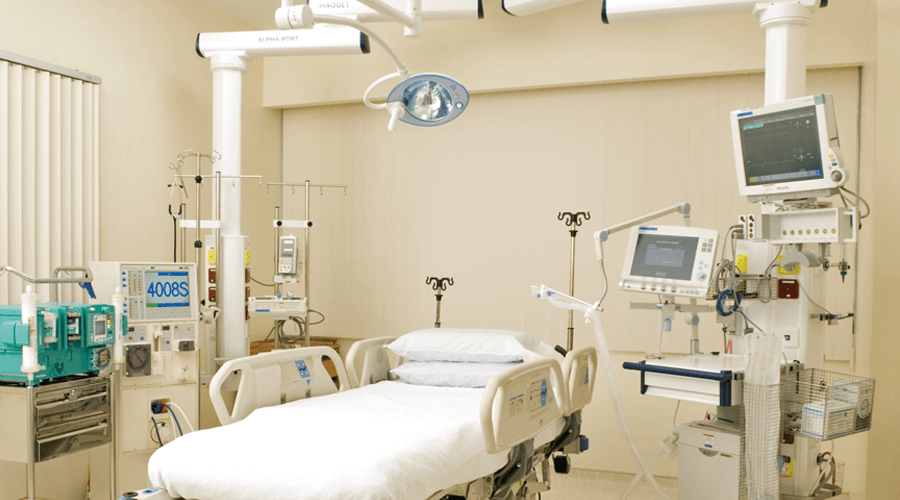While the Indian healthcare industry is taking baby steps to ensure accessibility and affordability of care to every citizen, critical care is still an evolving space. Critical care, also known as intensive care units (ICU) refers to a specialized department in a hospital that harbours specialist doctors, equipment, and infrastructure for patients who are suffering from or are prone to have life-threatening conditions.
While India which has showcased an envious growth in the life sciences industry has very few critical care specialists around the country. India has around 10 hospital beds per 10,000 people while the global average is 30 beds per 10,000 people. Additionally, while there is expected to be one ICU bed per 10 hospital beds, Indian numbers do not stack up to being even close to the norm.
The shortage of ICU beds combined with an insufficient number of trained professionals and the financial challenges to set up more critical care centres are all major roadblocks to the development of effective critical care services across the country.
Optimum utilization of existing facilities
Critical care has been exponentially growing for past few years in India with the overall advancement in global critical care research, specialized training available for professionals in critical care, availability of latest and state of the art infrastructure. However, despite these increments, the reach of critical services to the masses is way behind the desired level. Due to the expertise required to handle complex and mandatory labs and diagnostics along with expensive equipment, critical care is synonymous with costly care and therefore there is a widespread lack of quality critical care. The only solution for this is to encourage optimum utilization of our existing critical care facilities.
Most ICU admissions in India are decided by criteria such as the need for continuous medical monitoring or being attached to a life support system. Often times, patients are admitted to the ICU as there is an absence of wards to continuously monitor patients due to which hospitals find it difficult to provide the ICU beds for patients who require more intense critical aid.
Steps to undertake effective utilisation of ICUs
Certain steps can be taken to ensure existing ICUs are effectively utilized. Perhaps one of the most critical steps is to ensure there is a disciplined admission criterion. Patients who are undergoing or recovering from surgical and medical conditions which need acute monitoring or mandatory medical requirements should only be provided admissions in ICUs.
After they are medically stable, they could be moved to step down care, or inpatient transition care facilities which provide rigorous monitoring by a multidisciplinary team of doctors. Additionally, ICU bed allocation should be prioritized in terms of severity of the condition. Medical personnel should work in conjunction to determine the optimal duration of ICU stay for patients to ensure there is a balance between medical stability and avoiding the risk of hospital-acquired infections.
Transition care is a solution
Another area that needs to be worked upon to ensure ICU’s are used effectively is the improvement in step down care facilities. Home health care might work well for patients who require nursing or physio care, however, this may not be desirable for patients recovering from critical illnesses since it will be too early for them to move into a non-monitored environment. Transition care will be the perfect fit for such patients to ensure a holistic approach to recovery from post ICU status.
Most major medical/surgical illness that require ICU admission are sudden, unanticipated and need a critical care team and infrastructure to manage the life-threatening conditions. After critical care has been undertaken, patients should be shifted to the next level of care settings, such as inpatient rehabilitation facilities.
Empowered recovery
To recover completely, one might need additional medical services such as skilled nursing care to manage tracheostomy care, feeding tube care, catheter care amongst others. Other services like physiotherapy to enhance strength, mobility and balance, personalized diet programs and emotional counselling, in addition to medical supervision will also be needed for complete recovery.
An ideal transition care facility is the perfect place where holistic care is provided by experienced multi-disciplinary rehab care team in a state of the art facility. The provision of such services will ensure an early, effective and empowered recovery and help patients go back to their normal lives as early as possible.
Dr. Vijay Janagama is the Director, New Initiatives at Suvitas Holistic Healthcare
Link: https://qrius.com/why-india-needs-to-move-towards-effective-utilisation-of-critical-care-facilities/

